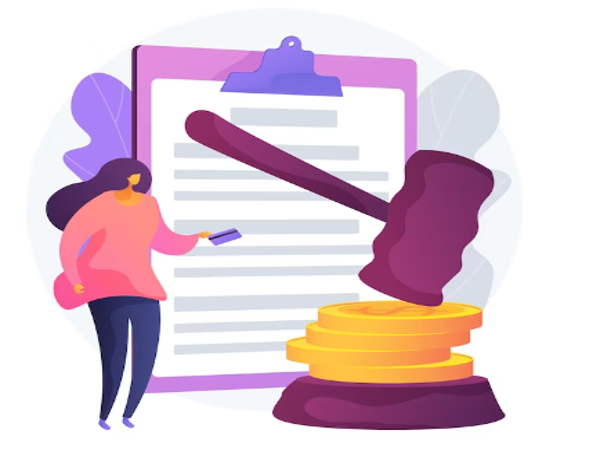In times of financial hardship, borrowing from loan sharks may seem like a quick solution. However, it's important to understand the severe legal consequences associated with dealing with these unscrupulous lenders. Loan sharks operate outside the boundaries of the law, trapping borrowers in a cycle of debt and subjecting them to predatory practices. In this blog, we will explore the legal implications of borrowing from loan sharks and highlight the importance of seeking legitimate and regulated lending alternatives.
Unregulated Lending Practices
Loan sharks engage in unregulated lending practices, which means they do not adhere to the legal framework governing lending activities. Borrowing from an unregulated lender puts you at risk of entering into an illegal agreement, potentially voiding any legal protection you may have as a borrower. It's crucial to understand that legitimate lenders operate within established regulations to protect your rights and ensure fair lending practices.
Violation of Usury Laws
Loan sharks often charge exorbitant interest rates that violate usury laws, which are designed to prevent excessive interest rates and protect borrowers from predatory lending practices. When you borrow from a loan shark, you may unknowingly be entering into an agreement that is in direct violation of these laws. This can have severe legal consequences and render the loan unenforceable in court.
Contractual Ambiguity
Loan sharks often craft loan agreements with ambiguous or unfair terms, making it difficult for borrowers to fully understand their obligations and rights. These agreements may lack proper disclosure of interest rates, repayment schedules, or hidden fees. In the event of a dispute, the ambiguity of the contract can make it challenging to defend your position and seek legal recourse.
Harassment and Coercive Collection Practices
Loan sharks are notorious for employing aggressive and coercive tactics to collect payments. This includes relentless harassment, threats of violence, or intimidation. It's important to note that these practices are not only unethical but also illegal. Legitimate lenders adhere to strict regulations regarding debt collection practices and are prohibited from engaging in such behavior.
Criminal Charges and Penalties
Borrowing from loan sharks can expose you to potential criminal charges and penalties. In many jurisdictions, lending without the required licenses or registrations is a criminal offense. If you knowingly engage with a loan shark, you may be held liable for participating in illegal lending activities, which can result in fines, imprisonment, or both.
Asset Seizure and Property Loss
Loan sharks may use unscrupulous methods to secure repayment, including threats of seizing your assets or property. If you default on a loan from a loan shark, they may resort to illegal tactics to forcefully collect the debt. This can result in the loss of your valuable possessions or even your home. Legitimate lenders, on the other hand, follow legal procedures in case of default and cannot unlawfully seize your assets.
Damage to Credit Score
Borrowing from loan sharks often leads to a negative impact on your credit score. These lenders typically do not report your repayment activities to credit bureaus or agencies, making it impossible to build a positive credit history. Additionally, if a loan shark resorts to legal action to collect the debt, it can further damage your creditworthiness and make it challenging to access future credit from legitimate sources.
Conclusion
Understanding the legal consequences of borrowing from loan sharks is crucial to protect yourself from potential harm. It is essential to seek out legitimate and regulated lending alternatives that comply with the law and prioritize your financial well-being. Remember, responsible borrowing involves thorough research, reading and understanding loan agreements, and seeking professional advice when necessary. By making informed decisions, you can safeguard your financial security and avoid the pitfalls of dealing with loan sharks.

.jpg)







